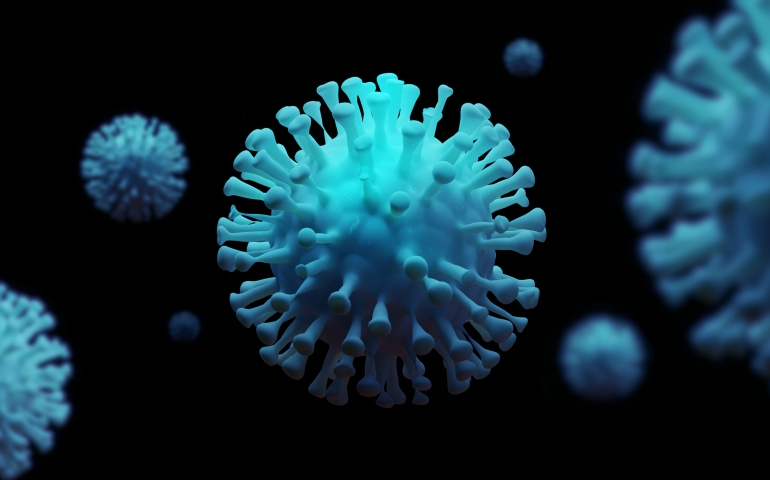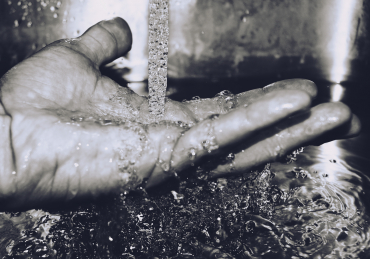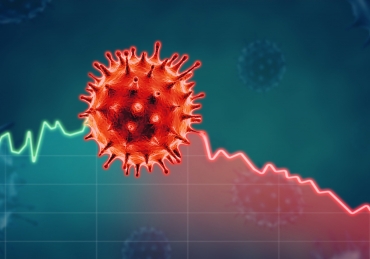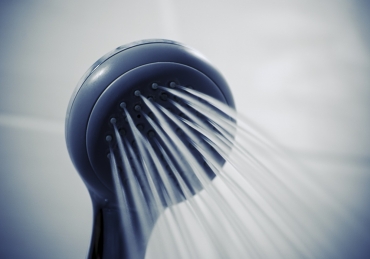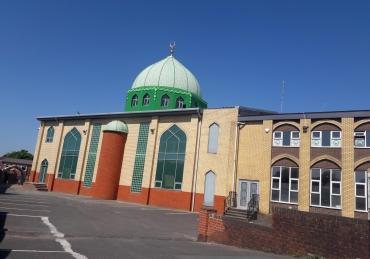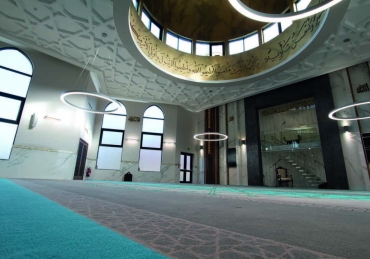Ghusl for Coronavirus infected bodies
Question
In relation to your Fatwa entitled No female to bathe female deceased and a previous one entitled Coronavirus deaths and ruling on Ghusl, we take note of the government’s most recent advice and the relaxation of the regulations for handling bodies infected with Coronavirus. However, we are concerned that this change in guidance is not related to any change in the risk of infection, rather it reflects the transition into the government’s delay phase. In light of this, what is the Islamic position in relation to Ghusl of such bodies, as there could still be a risk of infection?
(For other Q&As & articles regarding Coronavirus, click here)
بسم الله الرحمن الرحیم
Answer
The advice issued previously was in light of the Government’s initial guidance. However, the Government has relaxed the regulations in relation to handling bodies as outlined below. It is important to note that the Government’s guidance may change once again in this regard. If this occurs, the Islamic guidance will be updated accordingly.
In relation to the Government’s latest guidance, the following is an excerpt from the joint advice issued by the UK Department of Health and Social Care (DHSC), and the Public Health bodies of England, Scotland, Northern Ireland and Wales on 13 March 2020:
“Where the deceased was known or suspected to have been infected with COVID-19, there is no requirement for a body bag, and viewing, hygienic preparations, post-mortem and embalming are all permitted.” (Covid-19: Guidance for infection prevention and control in healthcare settings, p.30)
It is therefore necessary to continue performing Ghusl and shroud the bodies in the normal way as was the standard practice prior to the outbreak. There is no need at this stage to stop bathing the deceased, as the guidance has been relaxed and the risks can be managed. Medical experts have confirmed that if the body is not placed in a body bag, the risk is low.
Nevertheless, the following precautionary measures should be considered to manage the risk:
- Every community should select a few young males and females who do not possess any underlying medical conditions and give them the lead responsibility of bathing the deceased.
- They should be trained as necessary to apply the highest standards of hygiene. Appropriate protective clothing should also be worn, and other precautionary measures advised by the National Burial Council should be followed).
- Where appropriate and relevant, select designated Ghusl facilities where there is least interaction with members of the public, rather than undertaking Ghusl in every Masjid.
- During the Ghusl process, Islamic teachings discourage large numbers of people gathering. It is therefore strongly encouraged that the least number of possible people undertake this task. Individuals with underlying health conditions should avoid taking part.
- In the future, if the Government advises that following the standard procedure of Ghusl could increase the risk, there is no need to follow all the recommended actions, for example, making the deceased do ablution and the other practices. It would suffice to pour water over the body. This is also relevant if the number of deaths increases.
- Apply the standard shroud (Kafan) in the usual manner.
- Arrange the Janāzah Ṣalāh in the graveyard in so far as possible.
- Avoid all forms of post-burial food events, irrespective of your position on this.
It should be noted that we have consulted with medical and public health experts and regularly do so before issuing guidance.
Allah know best
Yusuf Shabbir
22 Rajab 1441 / 17 March 2020
Approved by: Mufti Shabbir Ahmad and Mufti Muhammad Tahir

